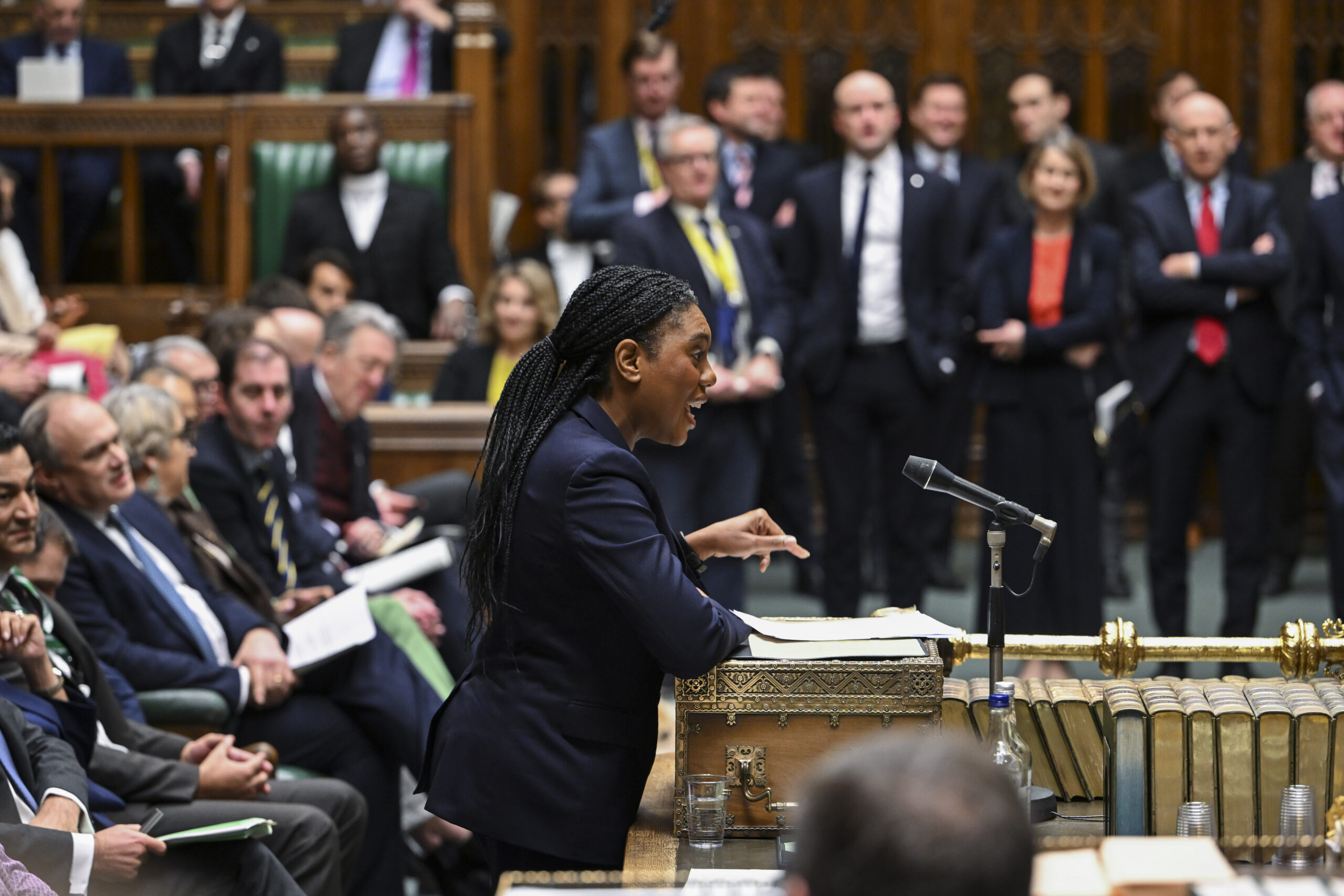
During the PMQs held Wednesday 29th of January 2025, Kemi Badenoch challenged the Prime Minister over the new Employment Rights Bill, warning it would make it harder for businesses to recruit new employees. Meanwhile, Labour insists that “good work rights are consistent with growth.” With UK-EU relations also in the spotlight, could joining the Pan-Euro-Mediterranean Convention be the next step in reshaping trade post-Brexit? Read more on the latest parliamentary debates and their impact.
Employment Rights Bill
This week, Kemi Badenoch, the Leader of the Opposition, accused the Prime Minister of arrogance and misleading the House in relation to the new Employment Rights Bill. The Employment Rights Bill was introduced to parliament on the 10th of October 2024 by The Rt Hon Jonathan Reynolds MP for Stalybridge and Hyde. It is currently at report stage, where the whole House can comment on and debate its provisions.
The bill hopes to address a number of different issues, including zero hours contracts, flexible working, statutory sick pay, family leave, protection from harassment, unfair dismissal, fire and rehire, sectoral collective bargaining, trade unions and enforcement.
In a joint statement, Deputy Prime Minister Rt Hon Angela Rayner MP, and Rt Hon Jonathan Reynolds MP, Secretary of State for Business and Trade said: “The bill turns the page on the conflictual approach to industrial relations that hit workers, public services and taxpayers.”
In this week’s PMQs the Leader of the Opposition asked the Prime Minister whether, if the bill fails his growth test, “Will he drop it?”
Badenoch claimed that the bill will make it harder to hire new people, increase costs of sick pay and give more power to the trade unions. Proposing an alternative American/Argentinian-style approach of “taking a chainsaw to regulations,” she insisted “It is business that creates growth. Our economy is built by entrepreneurs, risk-takers and the hard graft of working people.”
The Prime Minister responded that “good work rights are consistent with growth” elaborating, “It is good for working people, and it is good for the economy.”
Regarding the bill, one HR Consultancy company stated in October 2024 that it may lead to fewer people being hired as its proposal for employees to have unfair dismissal rights from their first day could be “too risky” in the context of recruiting new employees.
The government’s economic analysis of their Employment Rights Bill concludes: “Economic growth is driven by getting more people into work and making them more productive. As laid out, employment rights can increase workforce participation, and productivity, and therefore support economic growth.”
UK-EU Relations
This week the Leader of the Liberal Democrats, Sir Ed Davey, called on the Prime Minister to “open negotiations for the UK to join the Pan-Euro-Mediterranean Convention.” Sir Ed Davey expressed the belief that joining this union of nations would support the removal of “the growth-damaging trade barriers” set up by the Conservatives.
The Pan-Euro-Mediterranean (PEM) is a network of nations that use free trade agreements with “identical origin protocols“. Member nations of PEM remove or limit tariffs on each other’s goods while ensuring that a certain percentage of local materials count as domestic goods.
Current member states are the European Union, the European Free Trade Association States (Iceland, Liechtenstein, Norway and Switzerland), Turkey, countries which signed the Barcelona Declaration, the Western Balkans, the Faroe Islands and Georgia, the Republic of Moldova and Ukraine.
Regarding the UK’s relationship with the EU, the Chancellor, Rt Hon Rachel Reeves MP, stated in December, “We want a relationship built on trust, mutual respect, and pragmatism. A mature, business-like relationship,”. Labour have championed closer UK-EU relations and appears to be exploring potential avenues for post-Brexit economic cooperation.
The European Union have indicated that they would be open to the UK joining the PEM but it seems unlikely to move much further at the moment. Some experts say there would be some advantages to joining the PEM but that they “may be minimal.”
In response to this discussion in the PMQs, the Prime Minister pointed out “we have clear red lines when it comes to the single market and the customs union”. However, Downing Street officials have also noted that joining the PEM does not cross that line.
Edited by Elizabeth Strassheim
Image: Kemi Badenoch MP (North West Essex, Conservative) by House of Commons, 2017 // CC BY-NC-ND 2.0



Average Rating